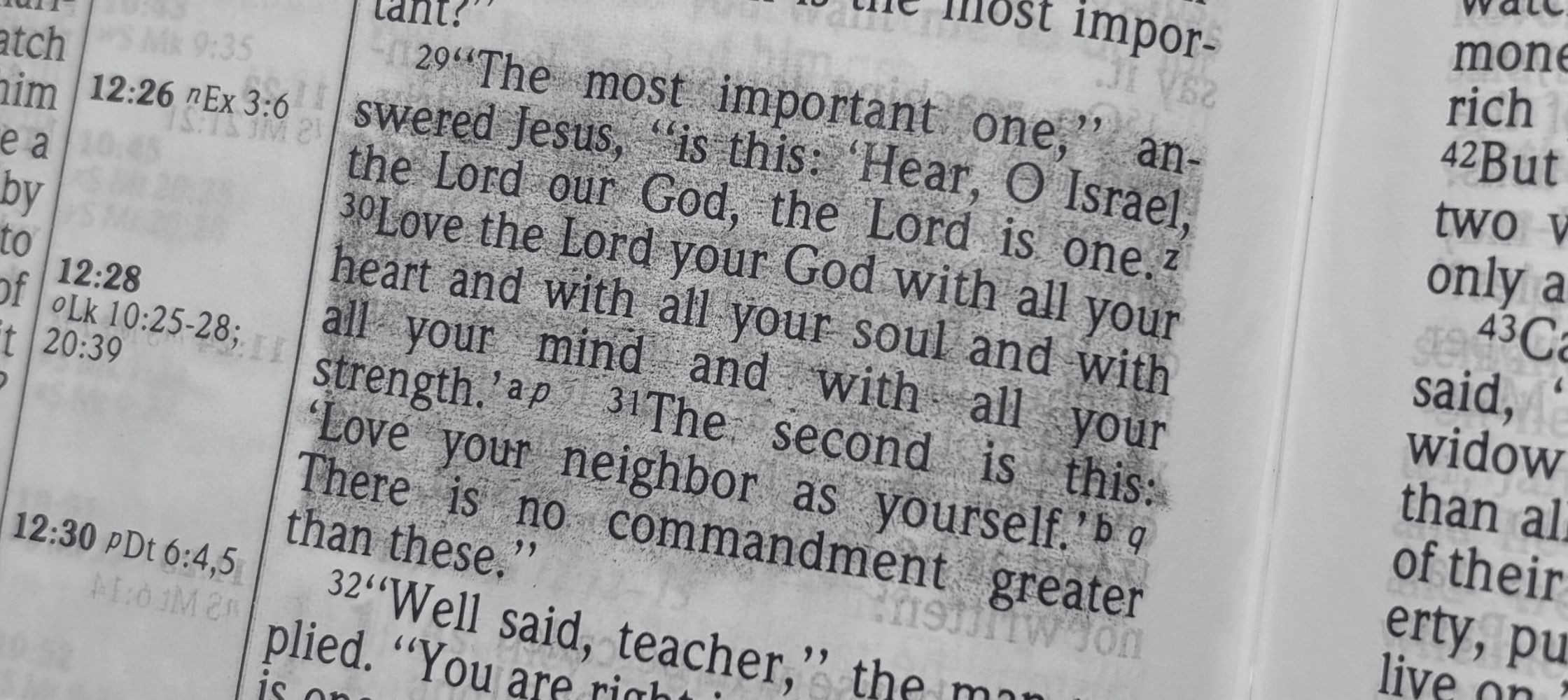Thank you! Your submission has been received!
Oops! Something went wrong while submitting the form.

By: Kenn Chipchase
November 25, 2024
And when Jesus went ashore, He saw a large crowd, and Hefelt compassion for them because they were like sheep without a shepherd; and He began to teach them many things.
~ Mark 6:34 (LSB)
Have you ever wondered what happens to sheep without a shepherd? I, for one, having grown up in the suburbs of Chicago, hadn’t the foggiest idea of just how dependent a sheep is on a shepherd, so I had to look it up. The results both amazed and challenged me because many of the descriptions of the needs of sheep mirror those of humanity. Will I view the world through the eyes of Christ, see these individuals, and have compassion as he did? Or will I be like the religious leaders who abdicated their place as the leaders of the people?
Before we think about that question, let’s find out what happens to shepherdless sheep.
1. Sheep tend to follow one another aimlessly.
Sheep seem to be wired to follow. In the absence of a shepherd to follow, they will follow each other around. They don't often go in straight lines but walk or run in winding paths so they can see in front and behind them. Because they are constantly looking around to see what their fellow sheep are doing, they aren’t the most careful about where they are going and can be prone to run over the edge of a cliff or into other hazards. Because sheep tend to follow each other, if one goes over, others will likely follow.
I don’t know about you, but that kind of sounds like some people I know. They are just going with the flow of the people around them, following the foolish lead of those who also don’t know where they are going. We have a derogatory term for this: “sheeple.” Isaiah speaks of this in the well-known text: “All of us like sheep have gone astray, each of us has turned to his own way” (Is 53:6). When the blind lead the blind, it's no wonder people get into the situations they are in!
2. Sheep cannot find food and water on their own.
They don’t have an internal GPS to find water or grazing pasture. Unless they are led, they won't know how to get there. When they are hungry, they may try to search for food but often search in all the wrong places.
I don’t know about you, but that kind of sounds like some people I know. People are searching for truth but have no idea where to look for it! They are looking for answers in the LGBTQ community, in drugs and alcohol, in politics, in internet communities, and the list goes on! But none of these places have the answer.
3. Sheep are defenseless.
Sheep are also defenseless creatures. If a predator comes to attack, they have no means of protecting themselves, and they fall prey to whatever predator comes along looking for a snack.
I don’t know about you, but that sounds like some people I know. Many are led astray by false gospels, false ideologies, and false doctrines.
Scripture often talks about the dangers of false teachers and calls them wolves. Peter calls the devil a roaring lion who prowls around, seeking someone to devour. Unattended sheep become easy prey to those who would use and abuse them for their own selfish gain.
4. Un-sheered sheep live with parasites and disease.
If sheep are not tended, their wool will become overgrown, which gets dirty, matted, and heavy. Diseases and parasites set in, and they will literally begin to die from the inside out because they are living in their own filth. Even if there are no outside influences that are dragging them down, even if they’ve been able to avoid the foolish sheep that would lead them over a cliff, they’ve managed to get enough food by stumbling upon grazing pasture by chance, have been able to avoid predators that would rip them apart, unshepherded sheep will still die because they have no means to clear out the filth and the parasites that live in their wool.
I don’t know about you, but that kind of sounds like some people I know. Even without false teachers, bad influences, and all the rest, apart from Jesus Christ, we still make foolish choices, live in sin, and will die in our sin if the Gospel is never embraced.
The question for us becomes this: how will you respond? We are prone to respond with revulsion, disgust, and even hatred toward those who are living in sin, are foolish enough to blindly follow others, or who seek answers outside of God’s word. What would happen to our interactions if we saw them as sheep without a shepherd instead? What would happen if we saw them through the eyes of Jesus, who sought to meet their heart needs?
But Jesus doesn’t roll his eyes or mock the “sheeple”. He didn’t run away from hard conversations. He didn’t leave at the mercy of false teachers. He wasn’t scared away by those caught in sin. He had compassion.
Are you willing to give that a try?
